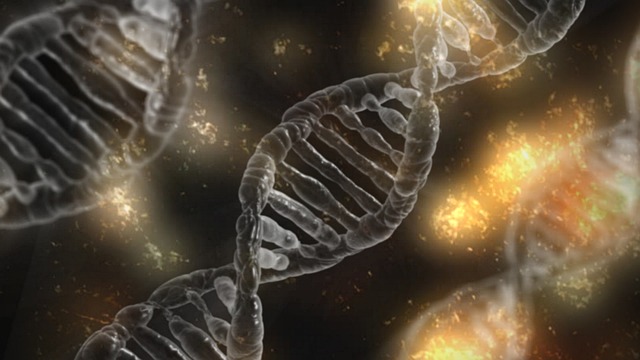The common meaning for a DNA test is that it examines the DNA and can identify a specific person out of it. It could also prove that more than two people are related in hereditary ways.
To take a call on going for a DNA test is not an easy one and has to be thought through. It is recommended to be well-informed about the decision you are going to make. If you aren’t sure of all the details of a DNA test, get in touch with the doctor, a counselor or the firm you are doing it with.
We have explained some of the common complications of approaching a DNA test. This will give you an insight into the world of DNA testing and how it can work differently for every single person.
1. Being mentally and physically prepared

The outcome of the test could overwhelm you with emotions ranging from joy, sorrow or relief. It need not be a joyous occasion and could not make you feel at the top of the world either. The Genetics Home Reference website says, if you are letting your family know about the test, then the outcome would involve their reactions as well.
2. Test results could involve revelations

The result of a DNA test may involve dropping a lot of truth bombs for people. This could be about your paternity, adoption or lineage. If you feel the need for some mental support and we suggest approaching your friends, family and if not, a counselor. It would see you through the difficult phase of accepting your test results as a part of your life.
3. Find solace in people who empathize

Get surrounded by people who understand and would try to empathize with the situation. It should not be a period for you to be clouded with statements like, ‘You asked for it’ or ‘Hey, you knew this was coming.’ As an adult, you made a choice and there is no harm in trying to understand where you come from.
4. Your test results could be accessed by anyone

As per a CNBC report, the privacy and protection laws for DNA tests are not well structured from several people accessing the reports. Privacy experts have raised their concern regarding the law covering genetic privacy. Apparantly, the law does not ban employers of insurance companies from trying to access it.
5. Can provide limited information about genetic disorders

The results of a DNA test can’t reveal complete information about inheritable or genetic disorders. It has a limited capability of revealing the further possibilities of a disorder progressing in you. If you are worried about some health condition that could pass on through genes, a DNA test may not give you the complete answer.
We have weighed in some of the complications that come along with DNA testing. CRI genetics states that it could vary for everyone and consult a genetics professional before you take the test. All these complications along with positive factors would be explained to you. This would help you set up your mind before taking the test.


